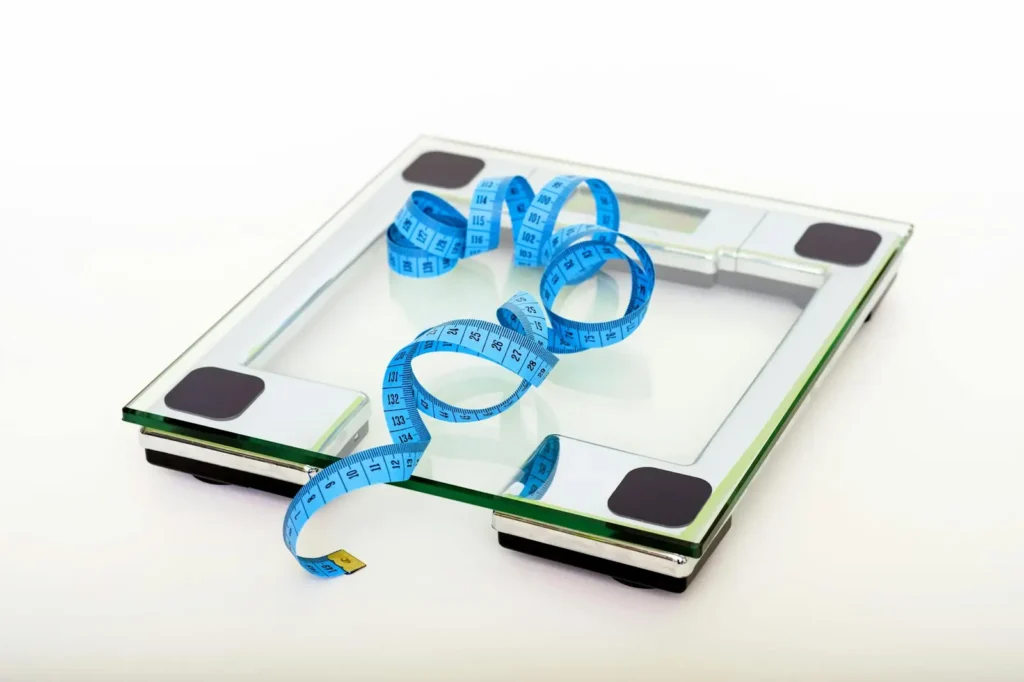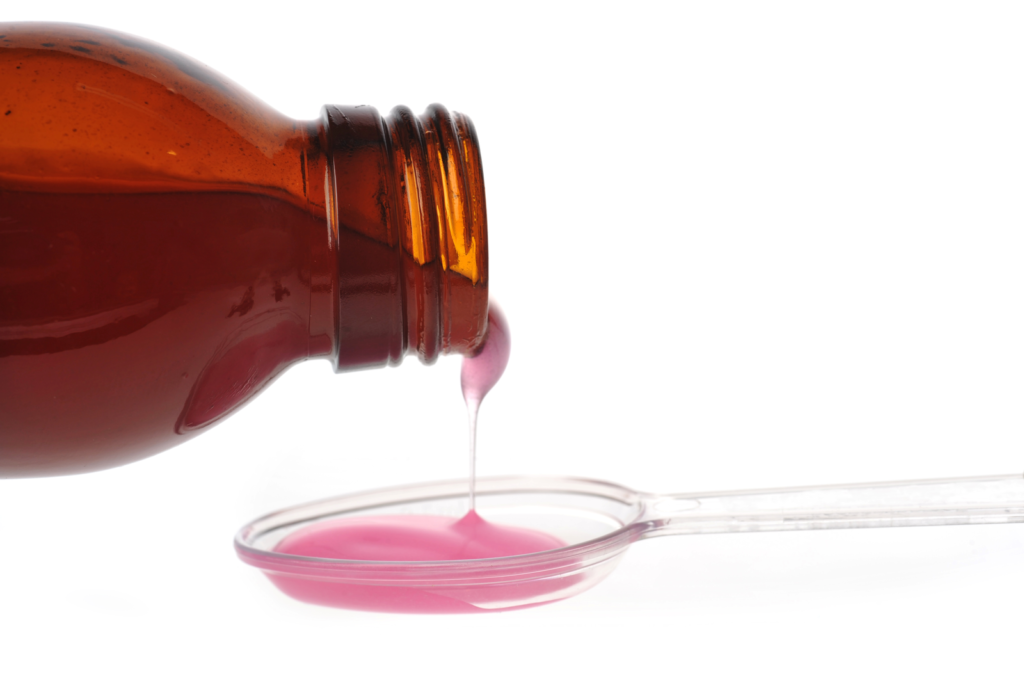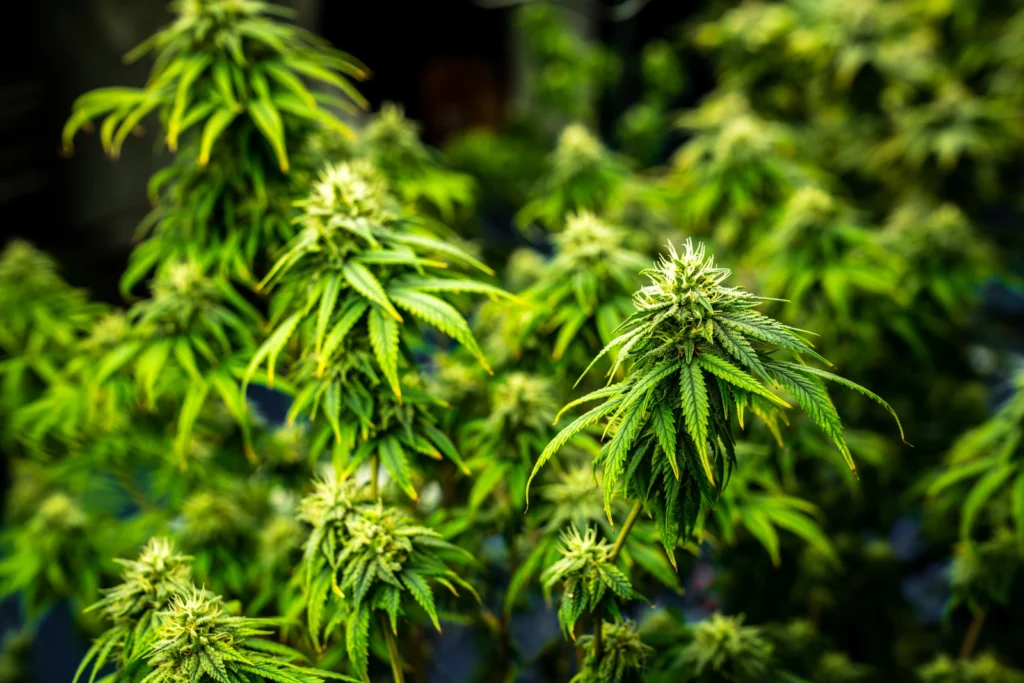DMT Street Names: Understanding the Slang
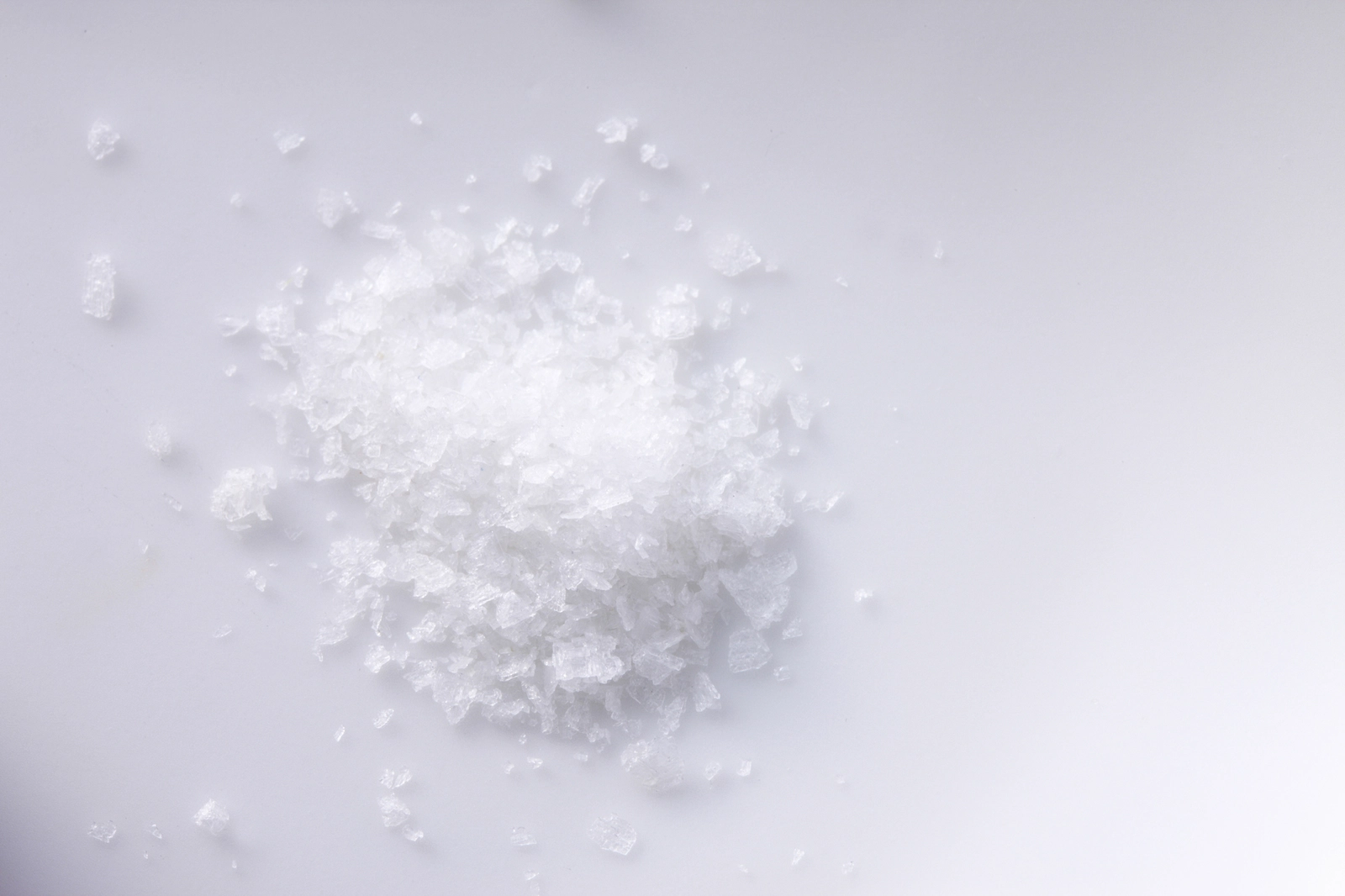
Dimethyltryptamine (DMT) is a compound found in plants used as a mind-altering drug. Different cultures have used the drug for hundreds of years for rituals and religious practices, but it’s also used recreationally for its hallucinogenic and psychedelic effects.
DMT is illegal in the US, so it goes by many street names and slang terms to elude law enforcement. It’s important to know the common street names for DMT to identify possible drug use, especially for your loved ones.
What Is DMT?
DMT is a psychedelic drug and hallucinogen that produces auditory and visual hallucinations, including near-death experiences (NDEs).[1] It’s a naturally occurring substance derived from the South American ayahuasca plants, but it can also be made synthetically. Naturally occurring DMT is derived from plant parts, such as flowers, seeds, and stems, which are then brewed into a tea. The tea is ingested to experience the psychedelic and hallucinogenic effects. Traditionally, DMT is used for spiritual awakening. The plant-based tea takes 20 to 60 minutes to produce effects lasting 2 to 6 hours.[2]
Most of the synthetic DMT comes in the form of a white, crystalline powder that can be smoked through a pipe, vaporized, snorted through the nostrils, or dissolved in a solution and injected into a vein. The synthetic version works quickly and produces effects within 5 to 10 minutes, lasting 30 to 45 minutes.[3]
What Are the Street Names for DMT?
There are many slang and street names for N, N-dimethyltryptamine, including:[4]
- Dimitri
- Businessman’s trip
- Businessman’s special
- The spirit molecule
- The Rogan
- Fantasia
- Changa
- Forty-five-minute psychosis
In the US, DMT is classified as a Schedule I drug by the Drug Enforcement Administration (DEA). It has no medical uses and a high potential for abuse. Possession, distribution, or manufacturing of DMT is prohibited. DMT is only legally permitted for use by researchers.
However, DMT has been used in religious practices for centuries. The hallucinogenic and psychoactive effects are thought to bring spiritual insight.
How Does DMT Work?
Hallucinogens work by affecting the neuronal circuits in the brain that use serotonin to produce psychedelic experiences.[5] The prefrontal cortex, which influences cognition, mood, and perception, has the most dramatic effects.
Side Effects of DMT
The effects of DMT depend on the dosage and strength of the drug. Some of the neurological and psychological effects include:[6]
- Visual and auditory hallucinations
- Intense euphoria
- Altered sense of time, space, and body
- Near-death experiences
Some of the physical effects of DMT include:[7]
- Rapid heart rate
- Agitation
- High blood pressure
- Dizziness
- Loss of muscle coordination
- Rapid eye movements
- Dilated pupils
- Tightness and pain in the chest
- Confusion
- Nausea
- Vomiting
- Diarrhea
In high doses, DMT can cause seizures, coma, or respiratory arrest.[8] The use of DMT can lead to a life-threatening condition called serotonin syndrome, which happens when the body produces more serotonin. The symptoms of serotonin may include seizures, diarrhea, muscle rigidity, and possible death. This is a medical emergency.
Depending on the individual, the DMT experience can be thrilling or terrifying. Some people experience such intense “trips” that it may be difficult to reintegrate into daily life once the experience wears off. Some of the mental effects can last for days or weeks.
The Role of Set and Setting
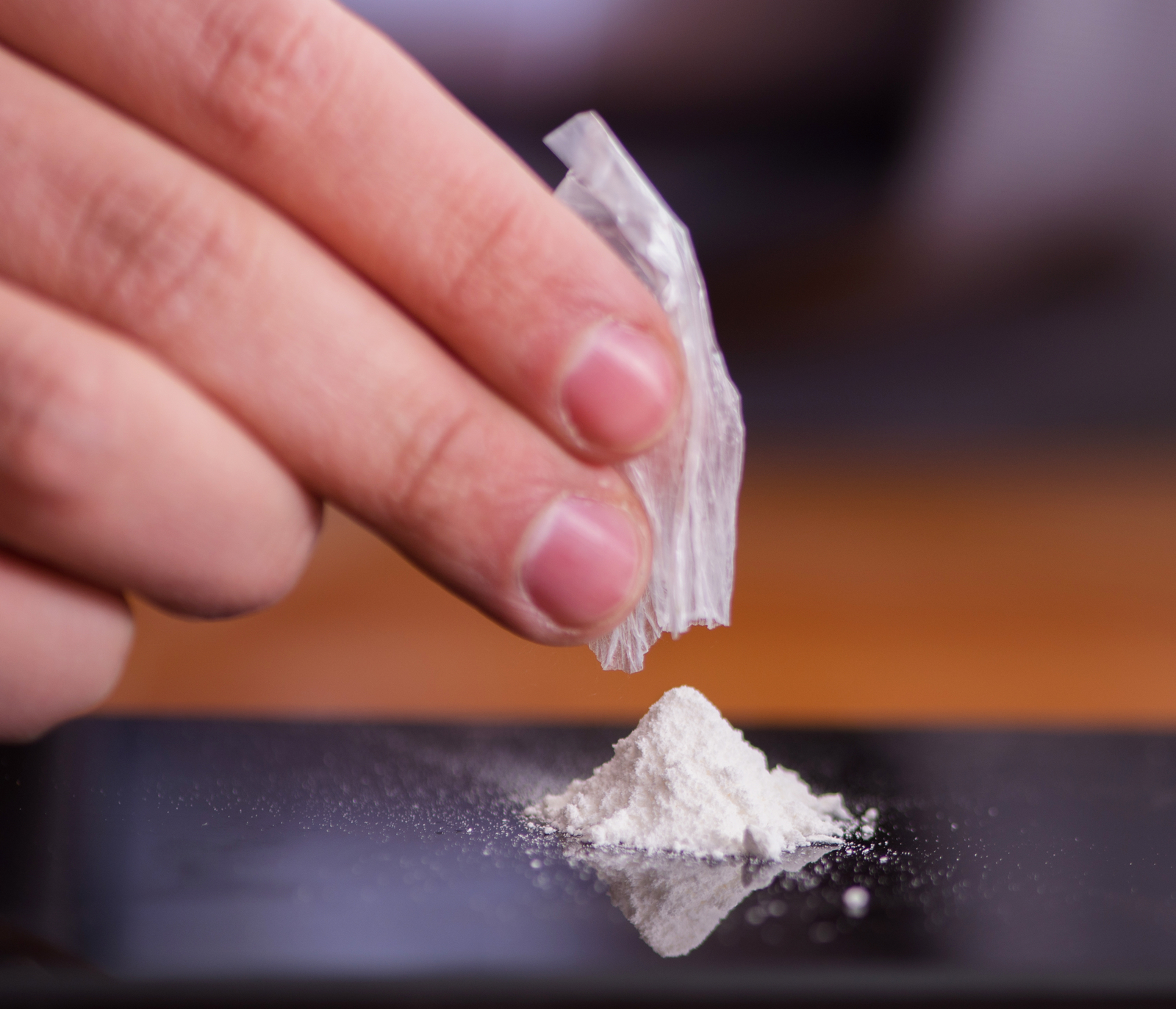
Set and setting refer to the state of mind and the environment in which you take DMT. They have a big effect on your experience while using a drug, both good and bad.
The set is how you feel before you take the drug and the experience you expect to have.[9] This can include stress and anxiety, your previous experiences with mind-altering drugs, and your general state of mind.
The setting is the environment in which you take the drug and the people around you.[10] You’ll likely have a positive trip in a safe, comfortable, familiar setting with people you know and trust. If you’re unfamiliar with people you don’t know, it could lead to a bad trip.
Like other hallucinogens and psychedelics, DMT can cause a bad trip that replaces the expected feeling of euphoria with intense anxiety, frightening experiences, extreme confusion, and severe paranoia.
Risks of DMT
In addition to negative experiences during your trip and side effects like serotonin syndrome, DMT can have other risks. You shouldn’t mix DMT with these medications:
- Selective serotonin reuptake inhibitors (SSRIs)
- Certain antipsychotics or antidepressants
- Opioids
- Central nervous system depressant medications
- Vasodilators
It’s unlikely to experience an overdose from using DMT, but it’s possible with any substance. If you notice symptoms like trouble breathing, chest pain, or seizure activity – or if you experience a severe reaction of any kind – seek emergency medical attention.
Is DMT Addictive?
DMT isn’t believed to produce the same compulsive drug-seeking behavior as other drugs of abuse, such as heroin, alcohol, or cocaine, so it’s not classified as an addictive substance.[11] However, more research is needed to understand the addiction potential of DMT.
People who use DMT regularly may experience tolerance, which is when you need more and more of the drug to produce the same effects. Over time, a psychological desire for the drug can develop.
Understanding DMT Abuse
Though DMT may not be addictive in the same way as other drugs, it can have a psychological effect that causes an uncontrollable need to use the drug for its effects, which can have negative impacts on other areas of your life.
DMT addiction isn’t classified as a specific substance disorder, such as opioids like heroin, stimulants like methamphetamine, and other psychedelic drugs like PCP, MDMA, or ketamine. The general criteria for a substance use disorder (addiction) according to the Diagnostic and Statistical Manual of Mental Disorders include:[12]
- Taking the substance in larger amounts or for a longer amount of time than intended
- Having a strong desire or craving for the substance
- Unsuccessful attempts to cut down on or manage substance use
- Spending a lot of time obtaining, using, or recovering from substance use
- Having issues fulfilling responsibilities at work, school, or home because of substance use
- Continuing to use the substance despite the problems it causes
- Giving up social, occupational, or recreational activities because of substance use
- Using substances repeatedly in dangerous situations
- Continuing substance use despite ongoing physical or psychological problems
Generally, stopping DMT use doesn’t cause withdrawal symptoms, but it can still be difficult to overcome the intense desire to continue using the drug.
Treating DMT Abuse
Typically, the first step in treating a substance use disorder is withdrawal management with medical detox. With DMT, medical detox may not be necessary, but it can be recommended if relapse is a risk or there are uncomfortable physical or mental symptoms.
A crucial aspect of treating drug abuse involving DMT is addressing the behavioral aspects of substance use. Both inpatient and outpatient settings are available to provide supervision and support as needed. Treatment plans are individualized, but you may undergo a combination of therapies like individual and group counseling, support groups, holistic therapies, and behavioral therapies like cognitive behavioral therapy.
Know the Risks of DMT
DMT is a mind-altering drug that can affect your perceptions, both positively and negatively. Though the drug is not viewed as addictive, abusing it can have serious short- and long-term effects. If you or a loved one is using DMT, it’s important to understand the slang terms to identify drug use and seek treatment if it negatively affects your well-being.

